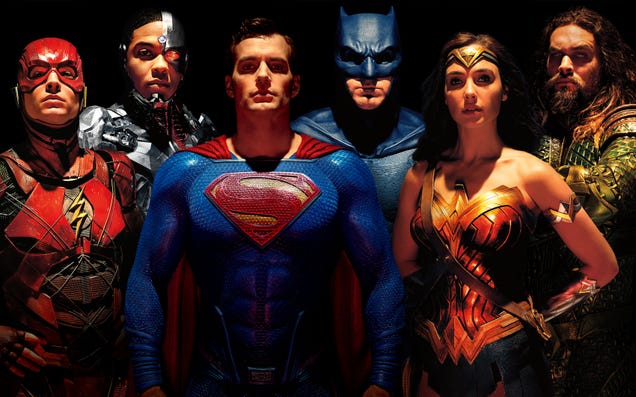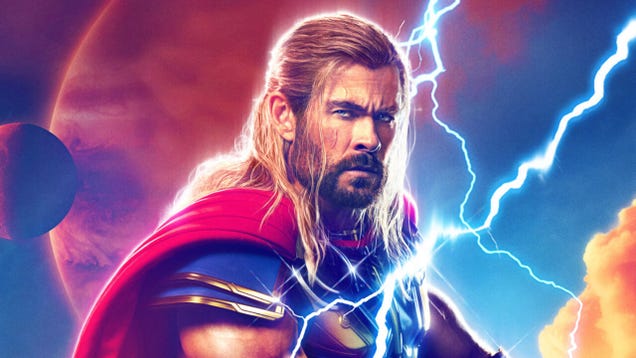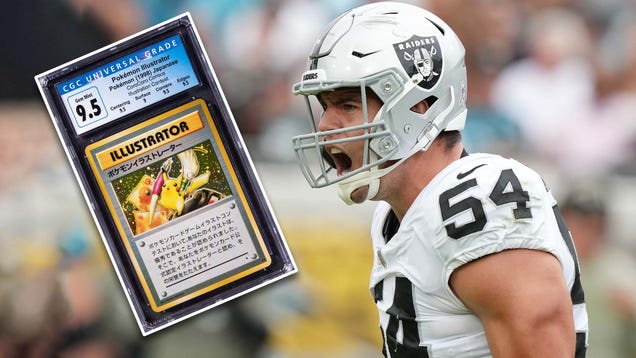“Dear internet service providers of America: We’re onto your tricks,” writes Washington Post technology columnist Geoffrey A. Fowler:
Last year, I encouraged Washington Post readers to participate in a major nationwide study of ISPs by uploading a copy of their monthly bills to Fight for Fair Internet, a project of Consumer Reports and other partners. Some 22,000 Americans did, and the results released Thursday reveal the many ways internet and cable companies get away with jacking up our bills.
For you and me, the study of big and small ISPs alike offers a clearer view of their worst behaviors — and how to fight back. The most important cost-saving lesson: Calling up and threatening to quit your internet service works. It’s super annoying, I know, but Verizon (for example) applied discounts to 58 percent of the bills people submitted, with an astounding monthly median discount of $40.
The study’s spotlight on ISP tricks, including bogus fees, data caps and wildly inconsistent pricing, also is fresh evidence that in many parts of the United States, there just isn’t a competitive market for internet service. Who would put up with it if there were? About 200 million people live in parts of the country with only one or two choices for reliable, fast internet, according to a 2021 report from the White House.
The report identified the U.S. internet providers charging the highest equipment rental fees (Wave Broadband) and the highest data-cap fees (Cox Communications), as well as the ones with the lowest and highest monthly service fees. But in addition, Consumer Reports notes that “Download speeds routinely fail to match the advertised ‘up to’ speeds of several ISPs. This was especially true of consumers paying for ‘premium’ plans purporting to offer download speeds of between 940 and 1,200 Mbps, who in fact experienced median speeds of between 360 and 373 Mbps.”
The Washington Post highlights one case “Where you might pay more for less: AT&T”
On volunteer bills, AT&T’s median pricing across different speed plans was all over the map. People getting:
12 mbps paid $63.
45 mbps paid $80.
100 mbps paid $60.
1000 mbps paid $80.
Why should people who aren’t even getting minimum broadband speeds (25 mbps) be paying more than people getting zippy service? ISPs can and will charge whatever they can get away with in your neighborhood.
“The charges on those bills may reflect older plans that we no longer sell,” said AT&T spokesman Jim Kimberly. “Customers with older plans can check on our website or call in to see if a lower cost offer is available to them for faster speeds and switch service.”
That’s another lesson for all of us: It’s always worth checking to see if there’s a new deal available. Unlike the cellphone carriers, ISPs rarely proactively switch consumers into cheaper or better plans.
Read more of this story at Slashdot.
Source: Slashdot – Nationwide Study of US ISPs Finds Slower-than-Advertised Downloads and Inconsistent Pricing






